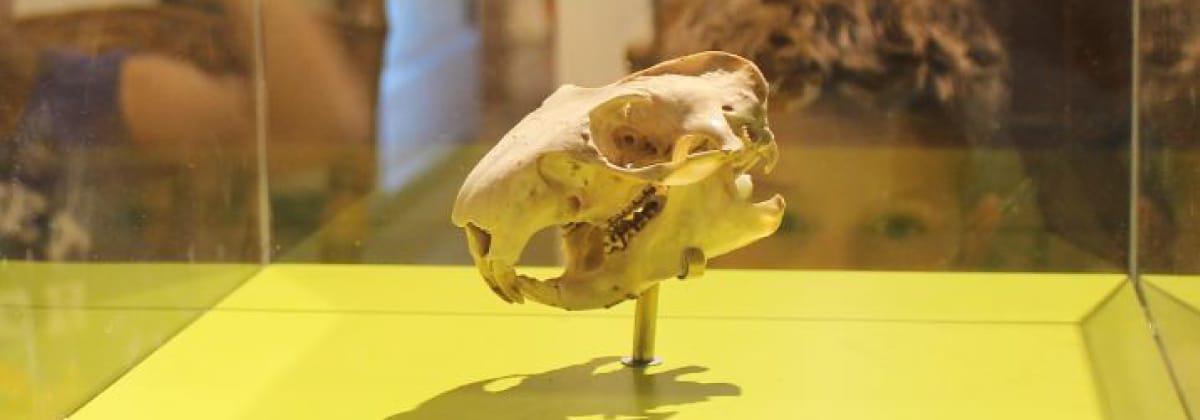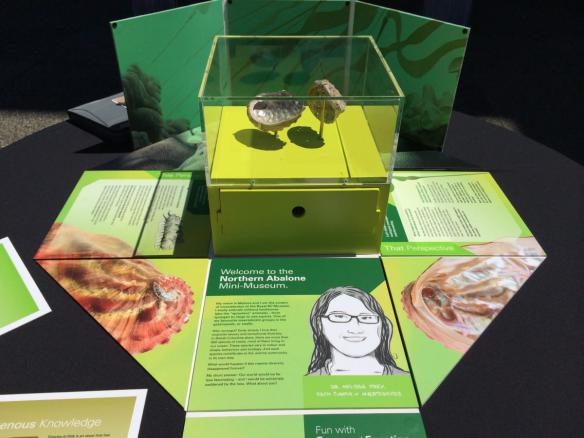
Modernization
Learn more about government’s intention to modernize the museum to protect our historic holdings and provide better access to our collections.


Most people don’t realize that British Columbia has the richest biodiversity of any province or territory in Canada. Biodiversity can be measured in many ways, but the simplest way to measure it is by species richness—the number of species present. Within our species-rich territory, there are many species at risk, and in most cases, human activity is responsible for the decline of wildlife populations.
The kits are available for loans to BC schools and organizations only. There are limited copies available so plan accordingly.
There are nine Species at Risk Mini-Museums. Each Mini-Museum focuses on one species at risk and includes a specimen, information about the species, its habitat and the risks it faces.
Every kit contains a unique hands-on activity to engage learners:
| Vancouver Island Marmot | Meet this charming mammal who can only be found on Vancouver Island. |
| Northern Abalone | Learn about an extraordinary marine snail well known for its spectacular shell. |
| Yellow-breasted Chat | A secretive bird who only spends a small part of the year in BC needs our protection. |
| Rocky Mountain Ridged Mussel | This freshwater mussel can filter up to 40 litres of water a day. What happens if it disappears? |
| Common Pitcher Plant | A pretty little plant with a darker side - it's a carnivore! |
| River Jewelwing | Meet a glittering carnivore who relies on streams and its surrounding vegetation. |
| Slender Gentian | Discover a delicate purple wildflower and one of our province’s rarest plants. |
| Woodland Caribou | Connect to a Canadian symbol found in northeastern BC and at risk due to habitat loss. |
| Kruckerberg's Hollyfern | It can be hard to reproduce when you are isolated in the alpine. This plant finds a way. |
Participants will learn:
Visit the Royal BC Museum’s Learning Portal Pathway on Species at Risk to learn more about the animals featured. Learn more about other species at risk by visiting websites such as the BC Species and Ecosystems Explorer and COSEWIC or by taking part in a nature program in your community.
These kits are best used on a solid, flat surface, such as a tabletop or the floor. Open up the kit and let participants explore the contents in small groups, so everyone gets a chance to see. If the kit arrives damaged or is damaged while you’re using it, please don’t hesitate to get in touch with us: we expect some wear and tear, and we can attend to it better if you let us know.
For information about the kits described above please contact Adrian Behennah.
If you live in the Kootenays, please contact the Rossland Museum & Discovery Centre. They have three Mini-Museum kits featuring different species: the Hotwater Physa, the Spadefoot Toad and the Western Bumble Bee. Contact Emily Roberts at info@rosslandmuseum.ca for more information.